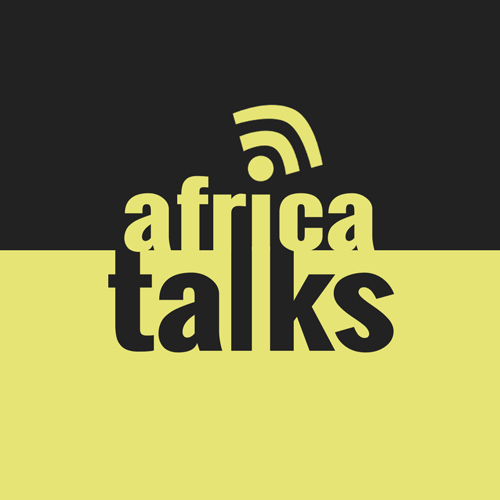France’s Mali Military Intervention
No End In Sight
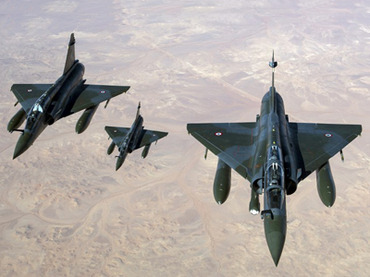
France’s Mali Military Intervention
No End In Sight
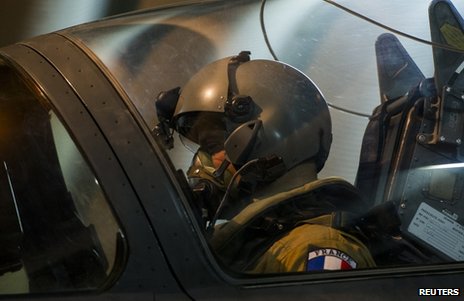 The French took the plunge and began attacking Islamist militant groups in Mali this week after regional leaders from the Economic Community of West African States (ECOWAS) hesitated for months. The instability in northern Mali dates back nearly a year and yet, until now, no agreement on a foreign intervention strategy could be reached. That stands in stark contrast to the Central African Republic where the government’s pleas for help to turn back an alliance of rebels known as Seleka were answered almost immediately by a coalition including countries ranging from Chad to South Africa. CAR is different because there is a functioning, albeit corrupt government and military. Assistance can prop up existing institutions. In Mali however, intervention would mean that troops from intervening countries would have to fight in a place where there is no elected government and under harsh circumstances in the Sahara Desert tracking rogue fighters.
The French took the plunge and began attacking Islamist militant groups in Mali this week after regional leaders from the Economic Community of West African States (ECOWAS) hesitated for months. The instability in northern Mali dates back nearly a year and yet, until now, no agreement on a foreign intervention strategy could be reached. That stands in stark contrast to the Central African Republic where the government’s pleas for help to turn back an alliance of rebels known as Seleka were answered almost immediately by a coalition including countries ranging from Chad to South Africa. CAR is different because there is a functioning, albeit corrupt government and military. Assistance can prop up existing institutions. In Mali however, intervention would mean that troops from intervening countries would have to fight in a place where there is no elected government and under harsh circumstances in the Sahara Desert tracking rogue fighters.
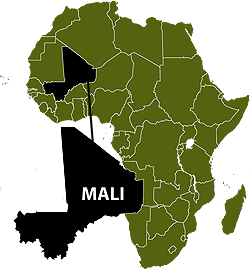 In a fight which began in Northern Mali earlier this week, French fighter jets bombarded Gao targeting the rebel’s airport, training camps, warehouses and buildings. But with French President Francois Hollande announcing that their mission is going to continue “as long as necessary,” are we witnessing the beginning an Iraq-like quagmire?
In a fight which began in Northern Mali earlier this week, French fighter jets bombarded Gao targeting the rebel’s airport, training camps, warehouses and buildings. But with French President Francois Hollande announcing that their mission is going to continue “as long as necessary,” are we witnessing the beginning an Iraq-like quagmire?
In an interview in October 2012, Johnnie Carson, the U.S. Assistant Secretary of State for African Affairs, told reporters that unless there are functioning democratic institutions in the country, intervention would not bring sustainable change. He used Somalia as an example of the proper order of rebuilding a nation.
“ I stress that in the case of Somalia, where we have seen enormous progress over the last 12 months, and in fact, continuously over the last three, three and a half years, there has been a clear commitment by all who were engaged there to follow a common strategy and adopt a set of common views. IGAD and the East African community, who are the most important players around Somalia, the AU, the U.S., the UN and others have all had a common position. And I think that’s why Somalia has achieved so much success over the last 12 months in terms of moving to a more permanent government and making the strides in success against al-Shabaab. We look to try to have the same kind of both regional and international cooperation on Mali.”
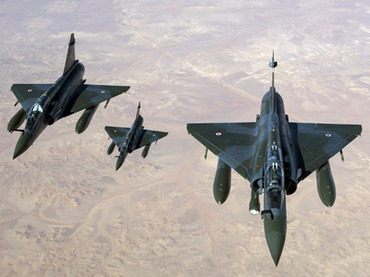 Despite concerns from regional leaders and the international community, other African countries which include Niger, Burkina Faso, Senegal and Nigeria have now agreed to send troops to join French soldiers in Mali. But without some progress on the political side and better training for the Malian military forces, the French intervention may not have a long-term stabilizing impact. The French may also find out that the Islamists are hardened and better equipped than anticipated.
Despite concerns from regional leaders and the international community, other African countries which include Niger, Burkina Faso, Senegal and Nigeria have now agreed to send troops to join French soldiers in Mali. But without some progress on the political side and better training for the Malian military forces, the French intervention may not have a long-term stabilizing impact. The French may also find out that the Islamists are hardened and better equipped than anticipated.
“ They aren’t just, “guys with guns,” a source told Agence France-Presse. In fact, “French armed forces had been surprised by the fighting quality and the equipment of the militants they were up against,” and as the fighting continues, the end remains oblique.”





